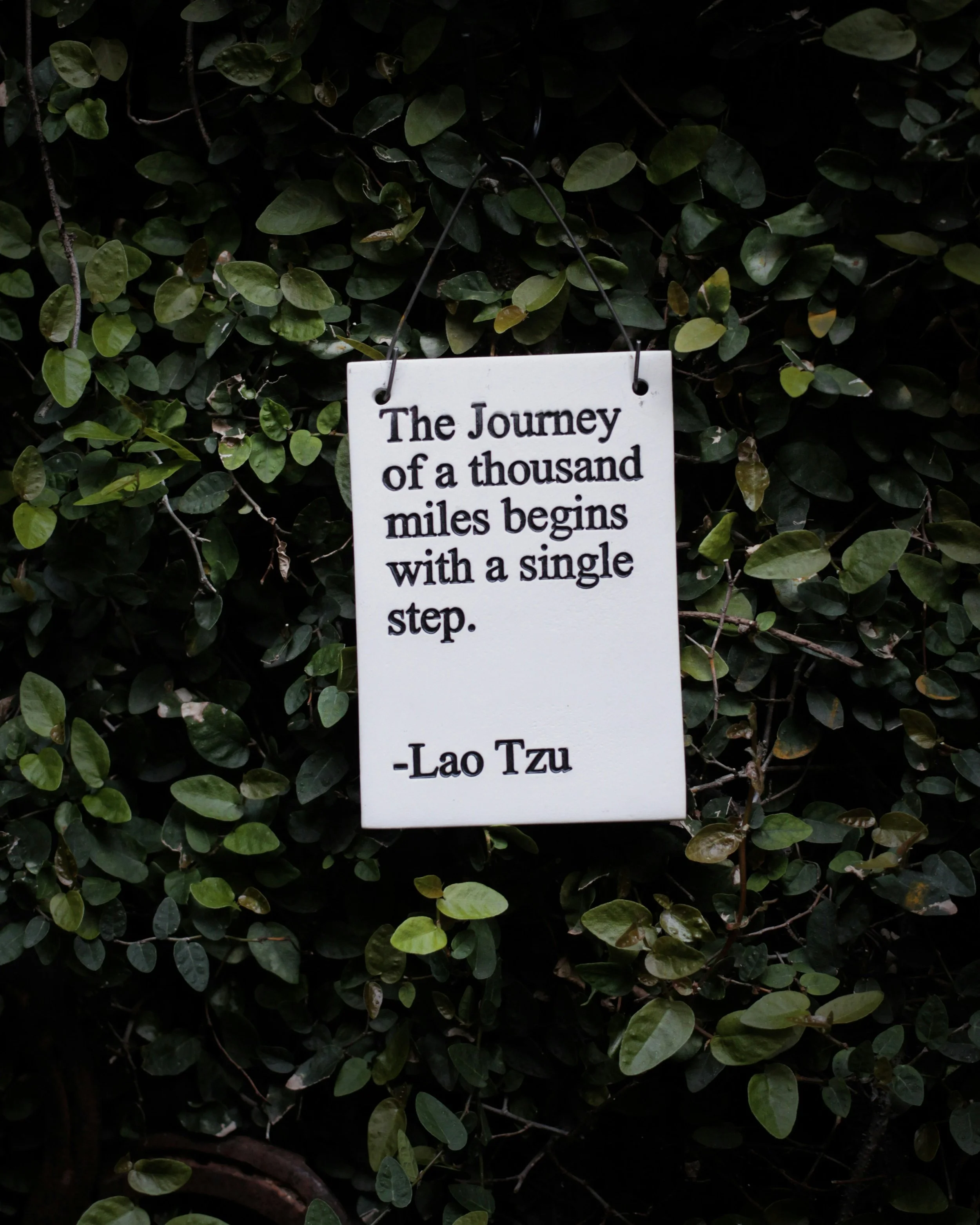How a coach can support you in navigating life’s challenges
I first worked with a coach in 2015. My coach, Scott, supported me in building my freelance business. I had been a successful producer for close to 15 years by then. Yet, every time I relocated, I had to establish myself in a new city - no small task. One of the first steps was to list my goals. Mine were to build confidence and trust in what I bring to the table professionally, develop plans to strengthen and expand my skill set, and learn to focus on the things that matter most professionally.
Scott is a fantastic coach and helped me identify my true strengths as a producer and own them. In other words, I became confident in my abilities and learned to trust my instincts. He was instrumental in helping me learn how to promote myself effectively. I also stopped avoiding the more challenging parts of being a freelance professional. Scott didn’t just focus on the professional side of things. He also helped me find balance in my life. I tended to be all work and very little play. He helped me understand that this imbalance did not serve me and that finding a balance socially, physically, and spiritually was just as important.
There are all types of coaches in the world - some focus on your physical or emotional well-being, some focus on your professional well-being, and others may be generalists. No matter their focus, they will provide guidance and support through the practice of intentional listening, reflection, goal setting, and accountability.
Here are a few ways a coach can support you.
Clarifying Goals and Vision: A life coach helps you define what you truly want. For example, you may want a new career, to navigate your job more effectively, to live a healthier life, to find your purpose, or to improve your relationships. No matter your intention, your coach will support you by asking insightful questions, listening without judgment, and providing structured tools.
Overcoming Obstacles and Limiting Beliefs: We all have beliefs…
The cost of inaction: Assessing Fears that hold you back
Do you set a goal, try to figure out how to achieve it, and run into obstacles that stop you from working toward your goal? Do these obstacles feel distinctly personal like maybe you are getting in your own way? Perhaps assessing your fears instead of setting goals is a good place to start.
After all, fear is a powerful driver that can stop us in our tracks. So, what is the cost of inaction?
Stagnation and Regret: Fear can often dictate our decisions and actions. Allowing this to happen risks stagnation and possibly missing out on growth opportunities. Over time, this can lead to feelings of regret and ultimately dissatisfaction with our lack of action.
Missed Opportunities: Fear can stop us from stepping outside of our comfort zone and grabbing opportunities that come our way. We miss out on experiences and connections that can lead to something you never thought possible.
Diminished Confidence: Each missed opportunity reinforces the belief that we are incapable or unworthy of success. This tends to perpetuate a cycle of inaction and self-doubt.
Hiding in Plain Sight: The more inaction…
“It’s Complicated” is my least favorite phrase
I have come to believe that the use of “it’s complicated” can ultimately hinder personal growth. It’s a default phrase. “It’s complicated” hinders further exploration of the issue, it sets the stage to avoid accountability, and it effectively shuts down communication causing misunderstandings or misinterpretations. And my least favorite, “it’s complicated” can reinforce negative beliefs about yourself. Essentially, “it’s complicated” risks stagnation. You are resigned to what is.
Let’s switch our approach:
Focus on possibility. What solutions are there to consider? How can I improve my situation and my outlook?
Un-complicate it. Break it down into its parts and tackle them one by one. Achieving smaller steps creates a sense of accomplishment and progress.
Challenge your negative beliefs. Your negative or limiting beliefs can prevent you from moving forward. They act as a roadblock and can stop you in your tracks. Ask yourself what is really true vs what you have decided is true. Are these beliefs serving you?
Get help. We are not meant to struggle alone. We all need encouragement and guidance. Grab a friend, family member, coach, or therapist and share what is going on…
What do you believe about yourself that just isn’t true?
I venture to say that most of us have beliefs about ourselves that are not true and limit us. “Not being worthy” is up there on the list whether it be worthy of love, success, happiness, or friendship. Whatever your truth is, it can manifest itself in all sorts of ways. You get in your own way. You don’t negotiate the salary you deserve. You don’t ask for a promotion. You don’t tell your friend or partner that you don’t like how they are treating you or that you just need to talk and you want them to just listen.
Taking stock of your negative belief(s) about yourself, known as limiting beliefs, involves self-reflection and introspection. A great first step is to take an inventory of your beliefs about yourself…




